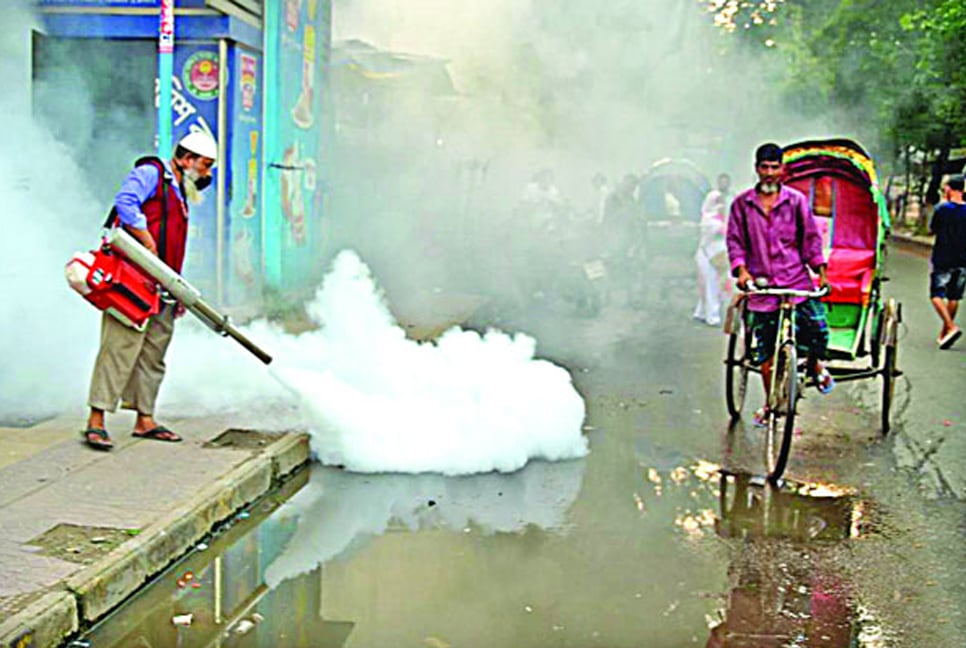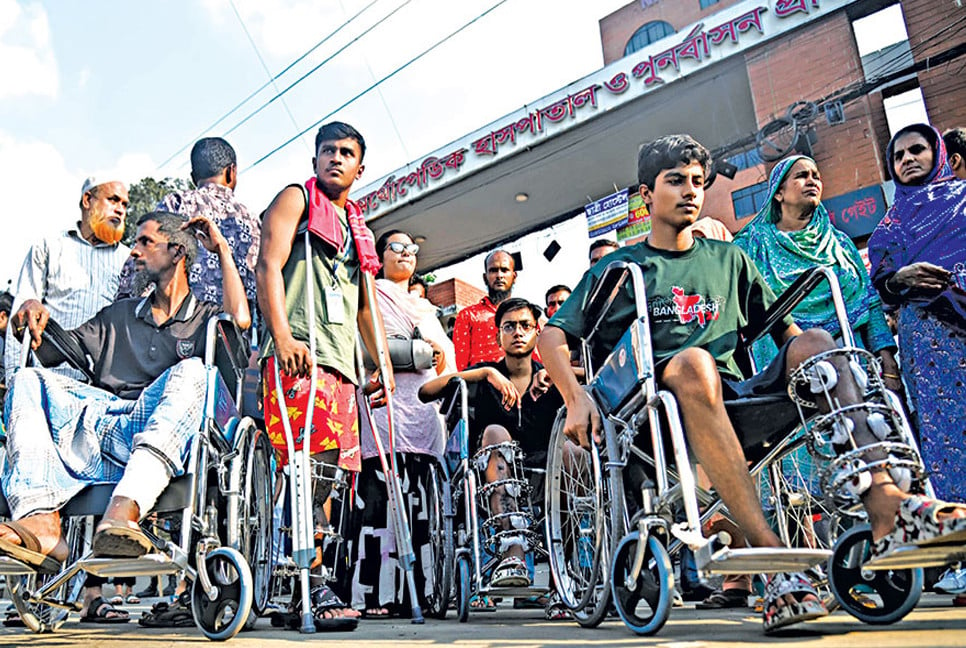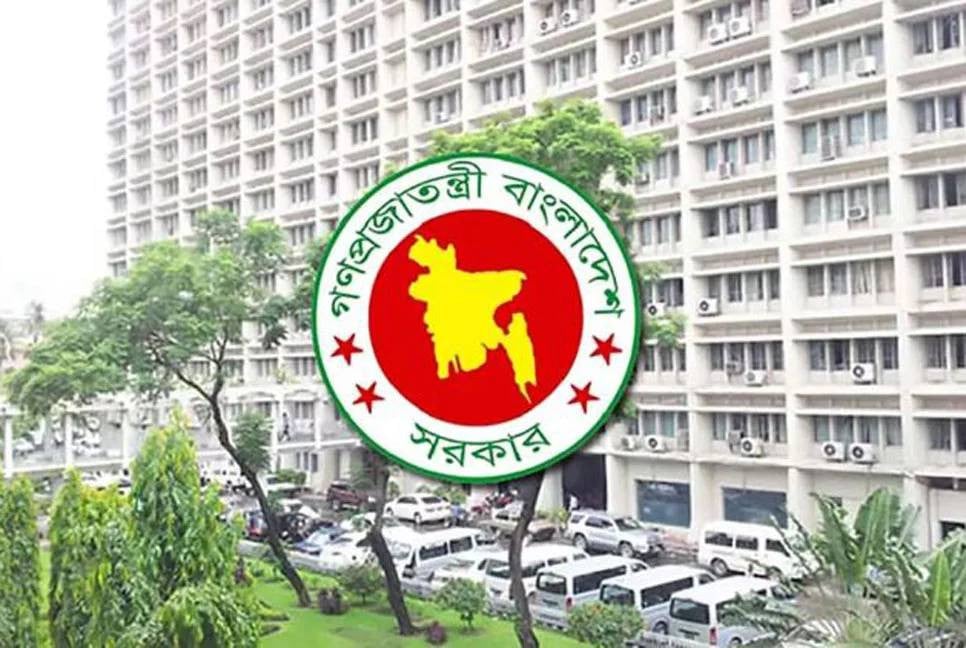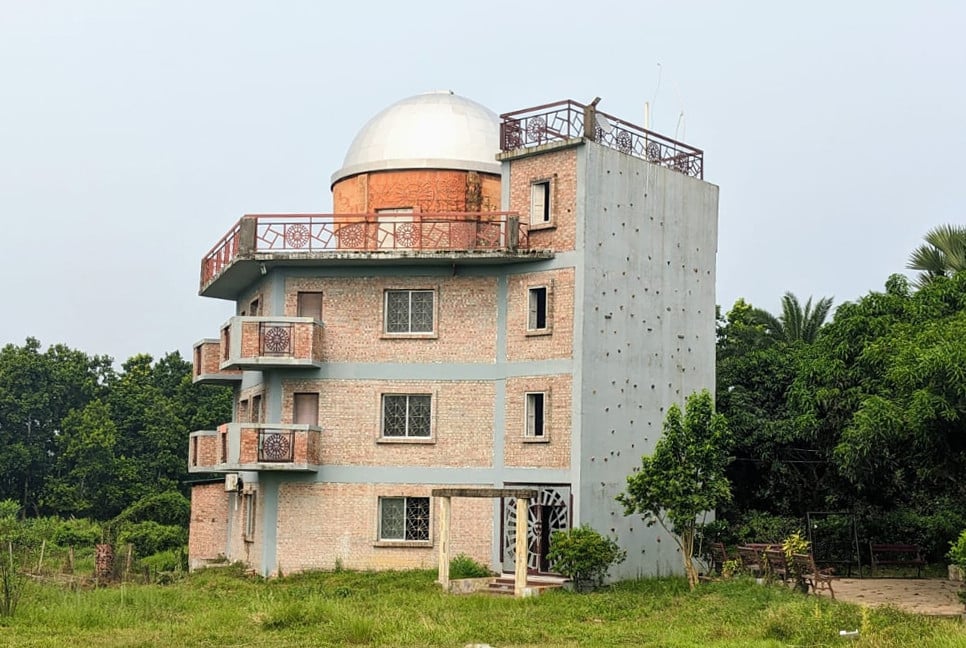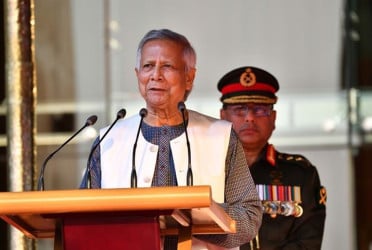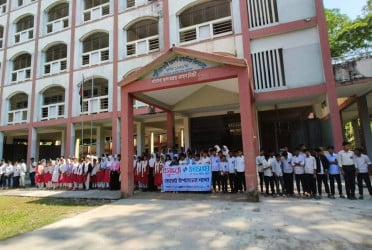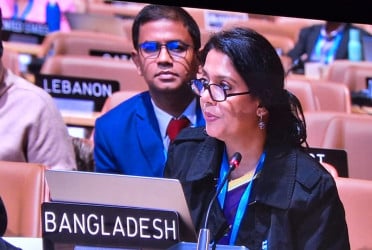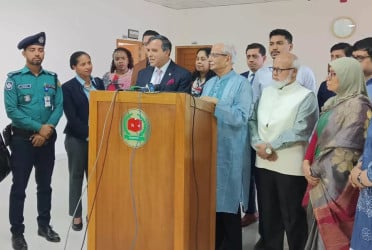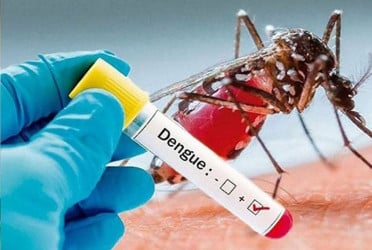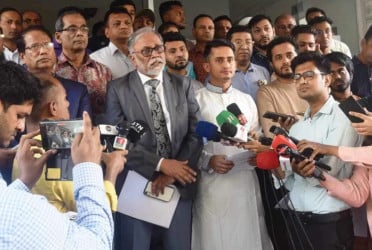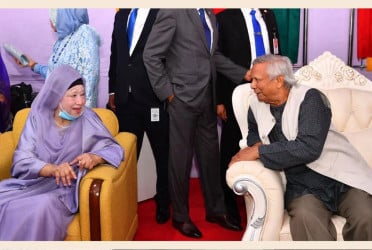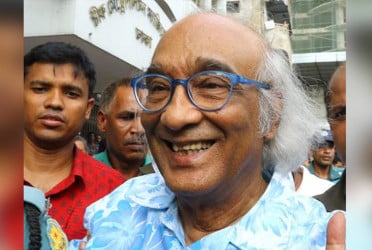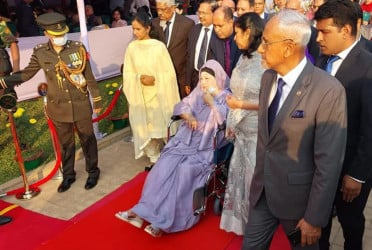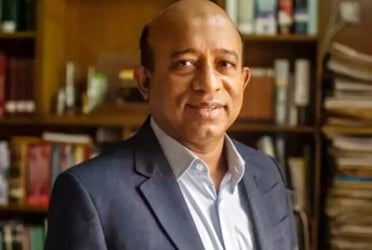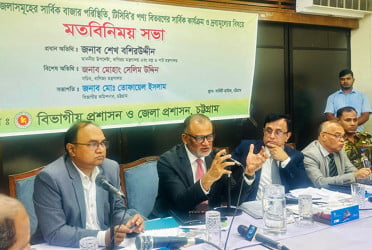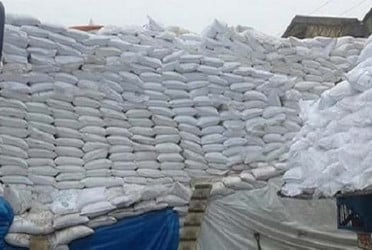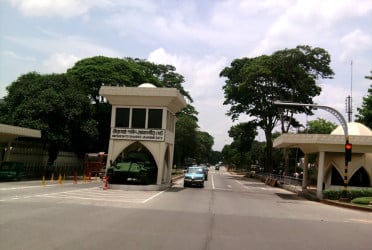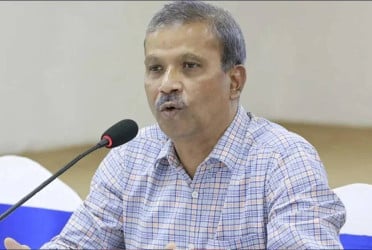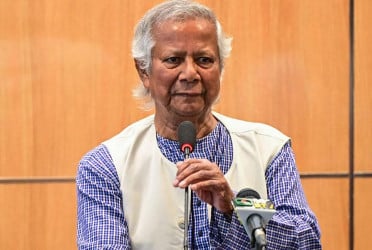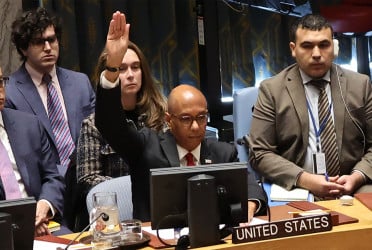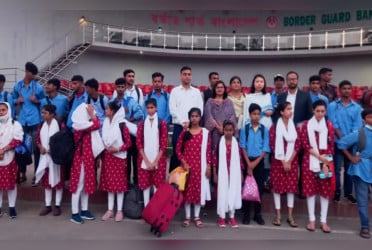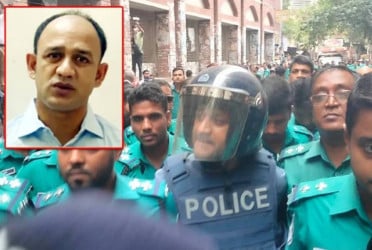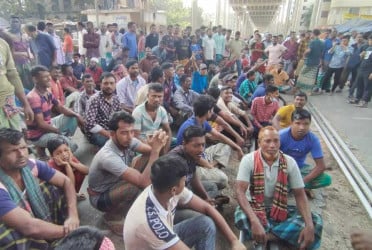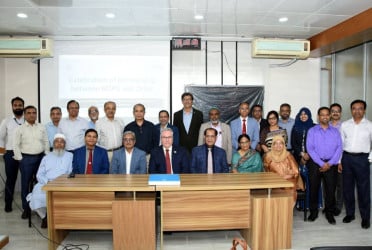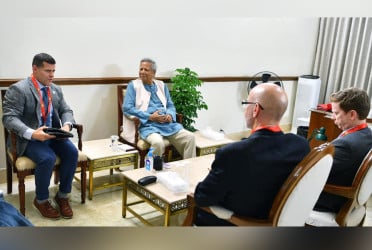In Dhaka North and South City Corporation, fogging is underway to diminish mosquitoes using pesticides imported by Marshal Agrovet, which is accused of corruption for importing pesticides from China.
Several cases have been filed against the institution for corruption in the procurement of pesticides imported from China under the name of Singapore.
The two city corporations of the capital are fogging their areas with pesticides of the blacklisted institution. Information reveals that, as part of the initiative by Dhaka North City Corporation (DNCC) to combat the outbreak of Aedes mosquitoes, responsible for dengue, they have been importing biological pesticides or BTI from Singapore in stages.
Information received from intelligence sources said that the Chinese citizen named Li Shiyang, through whom this product is imported into Bangladesh, has no connection with the institution in Singapore.
Four people, including the Chinese citizen in this incident, have been charged. Simultaneously, an investigation committee of five members has been formed by DNCC to investigate the incident, including the allegations of corruption in importing Bacillus thuringiensis israelensis (BTI), the tender process, and the number of losses.
Furthermore, the correct name of the Chinese citizen in the BTI import documents has not been used.
At the same time, Dhaka North and South City Corporations continue to use the pesticide provided by Marshal Agrovet, despite suspending the use of BTI. However, the number of mosquitoes has not decreased significantly, and the pesticide application methods are not scientifically regulated.
Dr. G.M. Saifur Rahman, an entomologist said that it is not possible to kill 20 per cent of mosquitoes using fogging, due to temperature and humidity conditions. Additionally, mosquito workers need training. Since fogging kills fewer mosquitoes, adult mosquito control can be done through the use of Ultra Low Volume (ULV) formula. This is very effective, but BTI is also effective. However, due to the allegations of corruption in the BTI import by the City Corporations, problems have arisen.
He added that since dengue mosquitoes are not confined only within the City Corporations and have spread throughout the country, the government needs to take action. The responsibility for mosquito control should not solely rely on doctors. Those who work with mosquitoes should be given the task of checking mosquitoes for viruses and taking measures accordingly.
Md Selim Reza, Chief Executive Officer of DNCC told Bangladesh Pratidin, "We have been using this pesticide for a long time. Since the previous contract specified spraying the pesticide until a certain deadline, we will continue to do so. Afterward, we will hold a meeting on this matter. In the meeting, we will have a detailed discussion and make a decision."
he mentioned, "We cannot spray the pesticide in a uniform manner. It is verified through checks and inspections. Moreover, we import the pesticide after conducting tests by four organizations. Therefore, there is no suspicion of corruption in the use of pesticides."
Barrister Sheikh Fazle Noor Taposh, the Mayor of Dhaka South City Corporation, stated, "We do not import (pesticides) through anyone (middlemen). Since 2019, we have been directly importing according to government guidelines.”
“The same institution is also determined by the government. All permissions such as the Ministry of Agriculture, and Pest Control Directorate, who control pesticides, have been granted, and we have been working with the pesticides determined by our Pest Control Committee outside the purview of BTI.”
“We use the mixture (of imported pesticides) as per the open tender, and they have worked for us at a lower price than our fixed rate through the open tender. We have not noticed any deviation from our contract until now. Therefore, even if an incident occurs elsewhere, there is no opportunity for such an incident here,” he added.
@The report was published in Bengali on print and online versions of The Bangladesh Pratidin on September 3 and rewritten in English by Tanvir Raihan.

